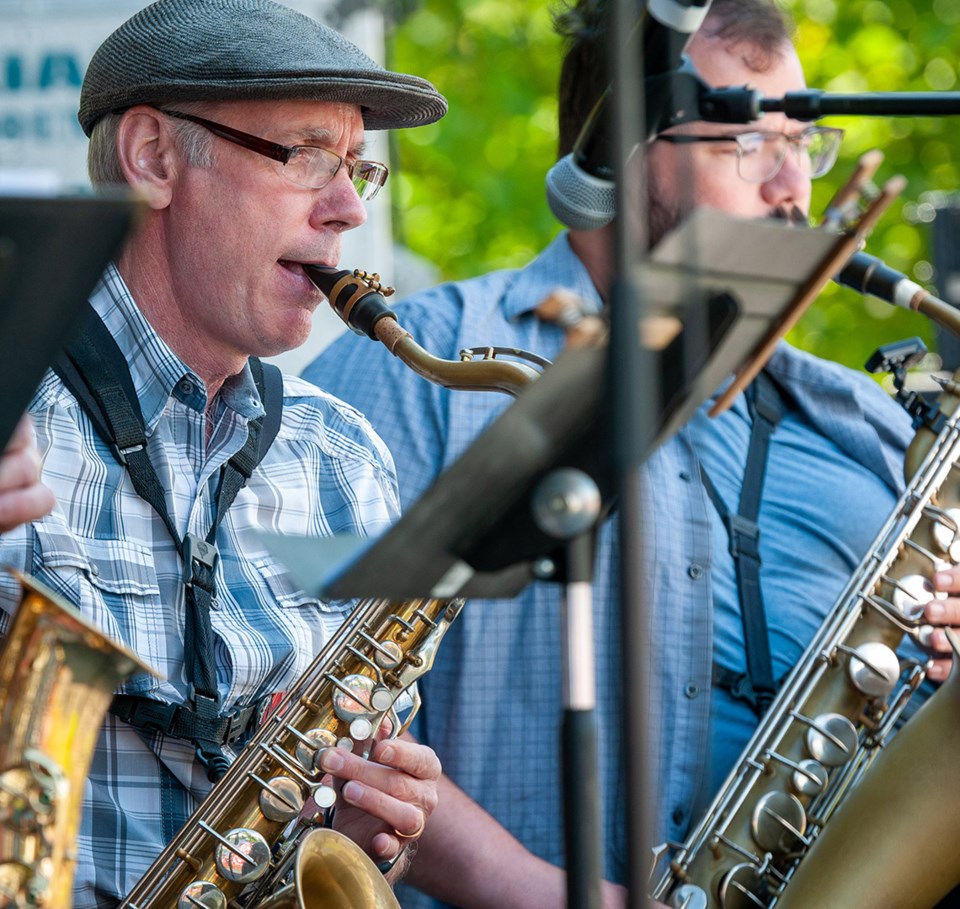Port Moody councillors say a proposed property tax increase of 11.33 per cent is too much and they’ll be sharpening their pencils over the next several weeks to pare that down.
But any reduction could mean cuts to services and even staff, warned one.
“This is quite a huge tax impact,” said Mayor Meghan Lahti after a presentation of the city’s draft budget to council’s finance committee on Tuesday.
She said as public consultation on the draft budget begins next week and council further deliberates, “people should come with their pencils sharpened so we can get the tax increases down.”
In his presentation, Port Moody’s manager of financial planning Tyson Ganske said the boost, that would cost the average homeowner in the city an additional $311 when the annual storm sewer and drainage fee is included, is “obviously a high number, a higher number than we’ve typically seen.”
In fact, the increase is more than double the 5.48 per cent hike facing residents of neighbouring Coquitlam and 6.62 per cent more than the 4.71 lift Port Moody property owners paid last year.
Ganske said the double-digit increase is based on approval for all new funding requirements, such as additional staff positions and new operating expenses to meet ongoing service demands. Without those new funding requests, the tax increase would be a more modest 9.92 per cent just to maintain current service levels.
Coun. Diana Dilworth said that cold reality doesn’t give the city much room to find efficiencies unless services or staff are cut.
“There’s a lot of work there,” she said. “Not anybody on city council is happy with an increase of 11.33 per cent.”
Ganske said the city is facing several financial challenges, including inflationary pressures that are increasing costs for transportation, insurance, construction, contracted and professional service and software maintenance.
“The consumer price index is the highest we’ve seen in 40 years,” he said, adding Port Moody’s unionized workers whose collective agreements expired in 2021 and 2022 will expect wage increases to reflect their own struggles to keep up with the higher cost of living.
As well, Ganske said, local governments are being expected to take on a greater responsibilities for efforts like affordable housing, childcare, mental health services and homelessness, while also coping with costs that come from extreme weather events and the ongoing COVID-19 pandemic.
Ganske said without revenue generators like a casino, paid parking and sufficient development fees, Port Moody is struggling to keep up with the kinds of service levels neighbouring cities such as Burnaby and Coquitlam can offer to their residents and visitors. Meanwhile, more people are moving to the city, further increasing demands on services and amenities.
Coun. Amy Lubik, chair of the finance committee, lamented the added burden Port Moody property owners could be facing.
“This has been a hard year for everybody,” she said, adding the numbers are not yet final.
The process of getting to that final number begins in earnest Feb. 28, when the city will begin soliciting public comment on its engagement platform on its website. There will also be a public survey to determine residents’ priorities.
The final budget is expected to be approved by council on May 9, just ahead of the provincial May 15 deadline.



